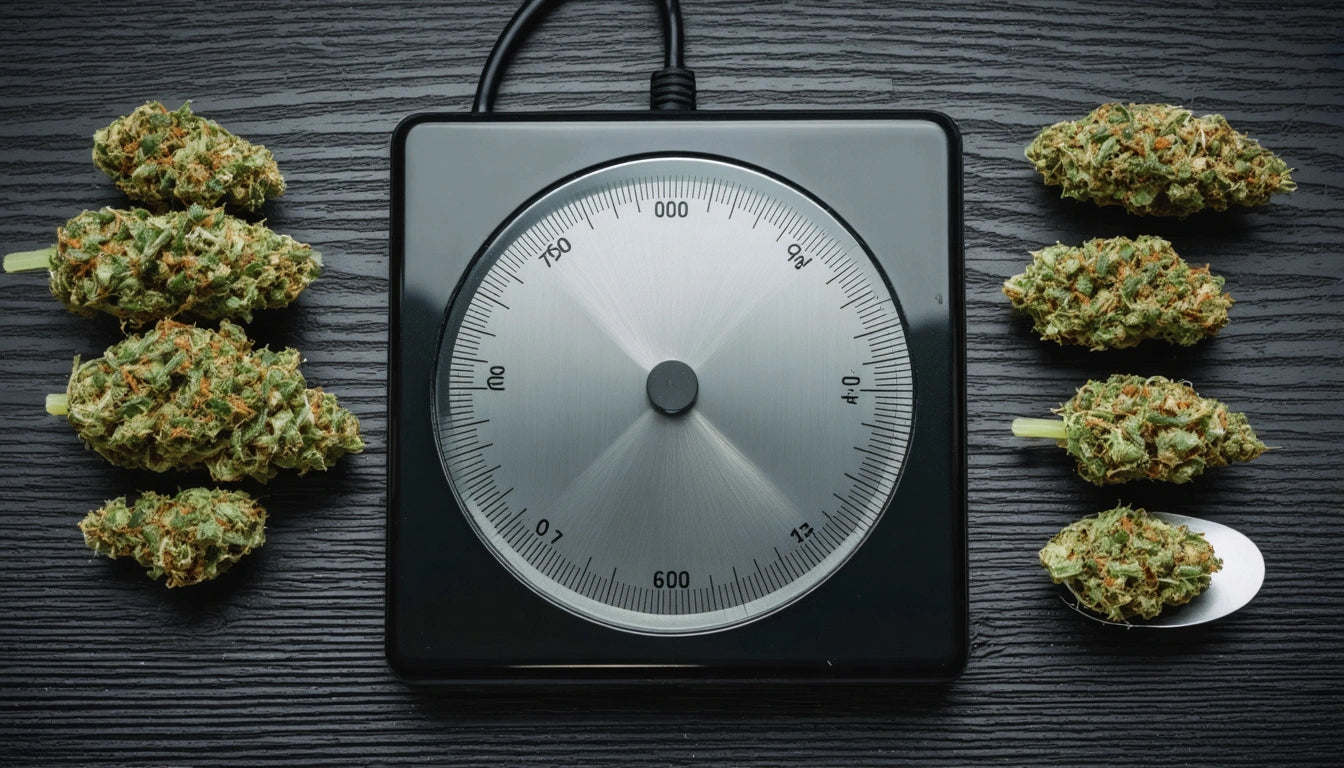Table of Contents
Understanding the Legal Status of Delta 8 and Delta 9 Gummies Across the U.S.
The legal status of cannabis-derived products like Delta 8 and Delta 9 THC gummies varies dramatically across the United States, creating confusion for consumers and businesses alike. With federal legislation, state laws, and local regulations often in conflict, understanding where these products stand legally requires careful navigation of a complex regulatory landscape.
Federal Legal Status of Delta 8 and Delta 9 THC
At the federal level, the legal distinction between Delta 8 and Delta 9 THC products stems primarily from the 2018 Farm Bill. This legislation legalized hemp and hemp-derived products containing less than 0.3% Delta 9 THC by dry weight. However, the bill created a significant gray area regarding Delta 8 THC.
Delta 9 THC remains a Schedule I controlled substance at the federal level when derived from marijuana. However, hemp-derived Delta 9 THC products that contain less than 0.3% THC by dry weight technically fall within federal legal parameters. This has led to the proliferation of Delta 8 and Delta 9 THC gummies in many states.
The DEA issued an Interim Final Rule in August 2020 stating that all synthetically derived tetrahydrocannabinols remain Schedule I controlled substances. Since Delta 8 THC is often produced through chemical conversion from CBD, this creates additional uncertainty about its federal legal status.
State-Specific Regulations for Delta Products
While federal law provides one framework, individual states have implemented their own regulations regarding Delta products, often creating a patchwork of conflicting rules. State-by-state regulations can vary dramatically, with some states embracing these products and others banning them outright.
Are Delta 8 and Delta 9 Gummies Legal in Texas?
The question "are Delta 8 gummies legal in Texas" has a complicated answer. In May 2021, the Texas Department of State Health Services attempted to classify Delta 8 THC as a Schedule I controlled substance. However, this action faced legal challenges, and court rulings have temporarily allowed Delta 8 products to remain available while litigation continues.
Regarding Delta 9 products, hemp-derived Delta 9 gummies containing less than 0.3% THC by dry weight are technically legal under Texas state law, which aligns with federal regulations. However, marijuana-derived Delta 9 products remain illegal in the state.
For businesses and consumers in Texas, it's crucial to maintain proper product storage conditions. Many retailers use humidity control solutions to preserve product quality and ensure compliance with testing requirements that verify THC content levels.
Legal Status in Florida
For those asking "are Delta 9 gummies legal in Florida," the answer is similar to Texas. Hemp-derived Delta 9 THC products containing less than 0.3% THC by dry weight are legal under Florida state law. Florida has also not explicitly banned Delta 8 THC products, making them technically legal when derived from hemp and containing less than 0.3% Delta 9 THC.
Florida has a medical marijuana program but has not legalized recreational marijuana. This creates a situation where low-dose hemp-derived Delta 9 gummies are legally available to adults without a medical card, while higher-potency marijuana-derived products require medical authorization.
Indiana's Stance on Delta Products
Indiana has taken a stricter approach to cannabis-derived products. When consumers ask "are Delta 9 gummies legal in Indiana," the answer is generally no for products with perceptible effects. While technically hemp-derived products with less than 0.3% Delta 9 THC might fall within federal guidelines, Indiana law specifically prohibits tetrahydrocannabinols except for those in industrial hemp plants that don't exceed the 0.3% Delta 9 THC concentration.
Delta 8 products exist in a gray area in Indiana. The state has not explicitly banned Delta 8, but law enforcement has sometimes targeted these products. This uncertainty has led many retailers to avoid selling Delta 8 products in the state.
How Are Delta 9 Gummies Legal? Understanding the Farm Bill Loophole
Many consumers wonder, "how are Delta 9 gummies legal" when THC is generally prohibited. The answer lies in a legal loophole in the 2018 Farm Bill. The legislation defined hemp as cannabis containing less than 0.3% Delta 9 THC by dry weight and legalized hemp-derived products meeting this definition.
Manufacturers have exploited this loophole by:
- Creating gummies with a large enough total weight that 0.3% of that weight allows for a psychoactive dose of Delta 9 THC
- Ensuring the Delta 9 THC comes from hemp rather than marijuana
- Carefully documenting the sourcing and testing to demonstrate compliance
This approach to Delta 9 gummy production allows companies to legally sell products that produce effects similar to traditional marijuana edibles while technically remaining within federal legal parameters.
Can I Travel with Delta 9 Gummies?
A common question is "can I travel with Delta 9 gummies" across state lines or on airplanes. This is a complex issue with several considerations:
- Crossing state lines: Even if Delta products are legal in both your departure and destination states, transporting them across state lines could potentially violate federal interstate commerce laws
- Air travel: The TSA focuses primarily on security threats rather than searching for cannabis products. However, they are required to report suspected violations of federal law if discovered
- International travel: Taking any cannabis products, including Delta 8 or Delta 9 gummies, across international borders is strictly prohibited and could result in severe legal consequences
The safest approach is to avoid traveling with these products, particularly by air or across international borders. For those who need cannabis products for medical purposes, researching the laws at your destination and purchasing products locally is typically the safest option.
For businesses shipping products, understanding interstate commerce regulations is essential to avoid potential legal issues.
The Evolving Legal Landscape for Delta Products
The legal status of Delta 8 and Delta 9 gummies continues to evolve rapidly. Several factors are likely to influence future regulations:
- Federal cannabis reform efforts that could dramatically change the legal framework
- FDA regulatory actions regarding hemp-derived cannabinoids
- State legislative responses to the growing popularity of Delta products
- Court rulings that clarify the interpretation of existing laws
For consumers and businesses alike, staying informed about legal developments is crucial. The legal status of these products can change quickly, and what's legal today may not be tomorrow.
As the market for Delta 8 and Delta 9 gummies continues to grow despite regulatory challenges, both consumers and businesses must navigate this complex landscape carefully, understanding that compliance requirements vary significantly across jurisdictions and may change with little notice.











Leave a comment
All comments are moderated before being published.
This site is protected by hCaptcha and the hCaptcha Privacy Policy and Terms of Service apply.